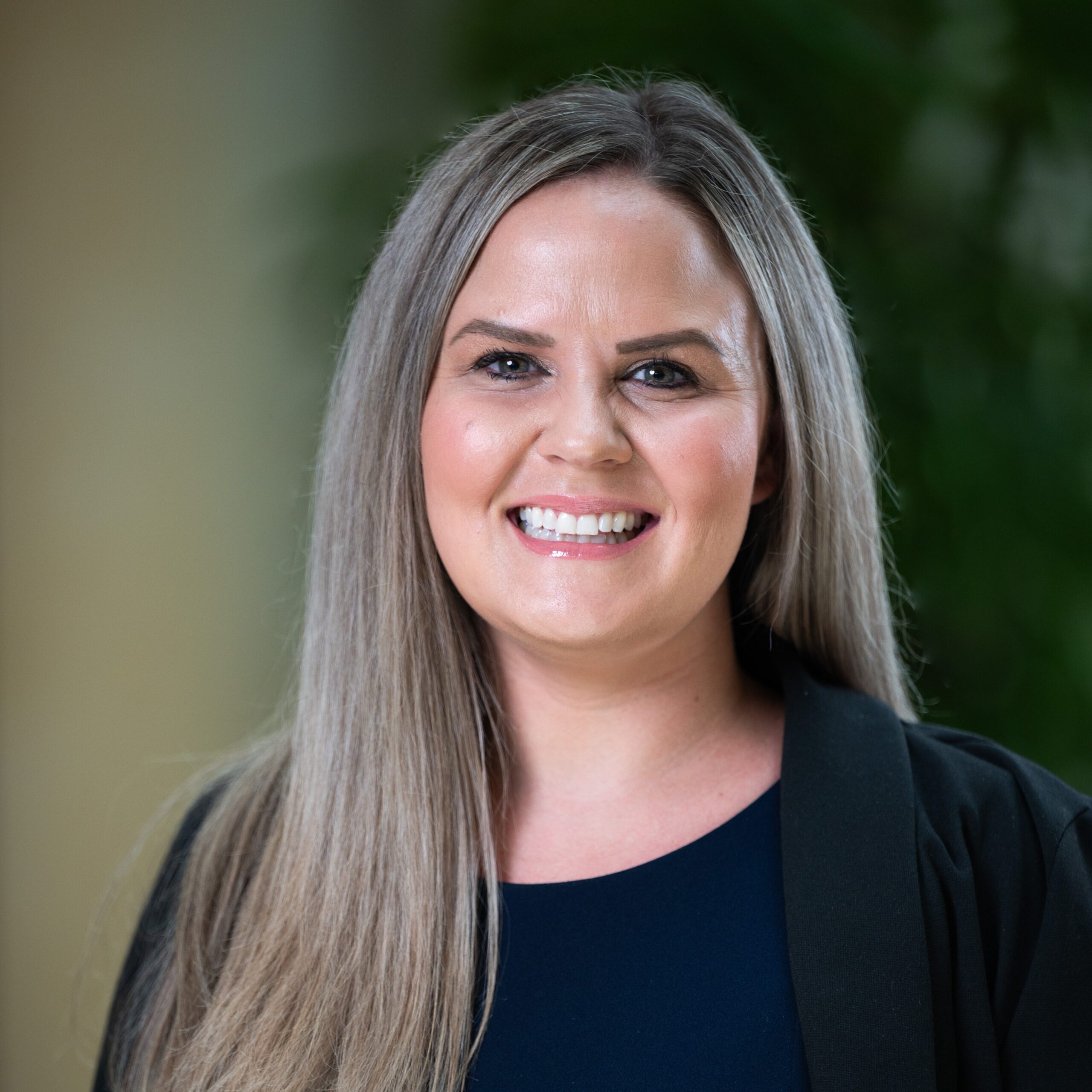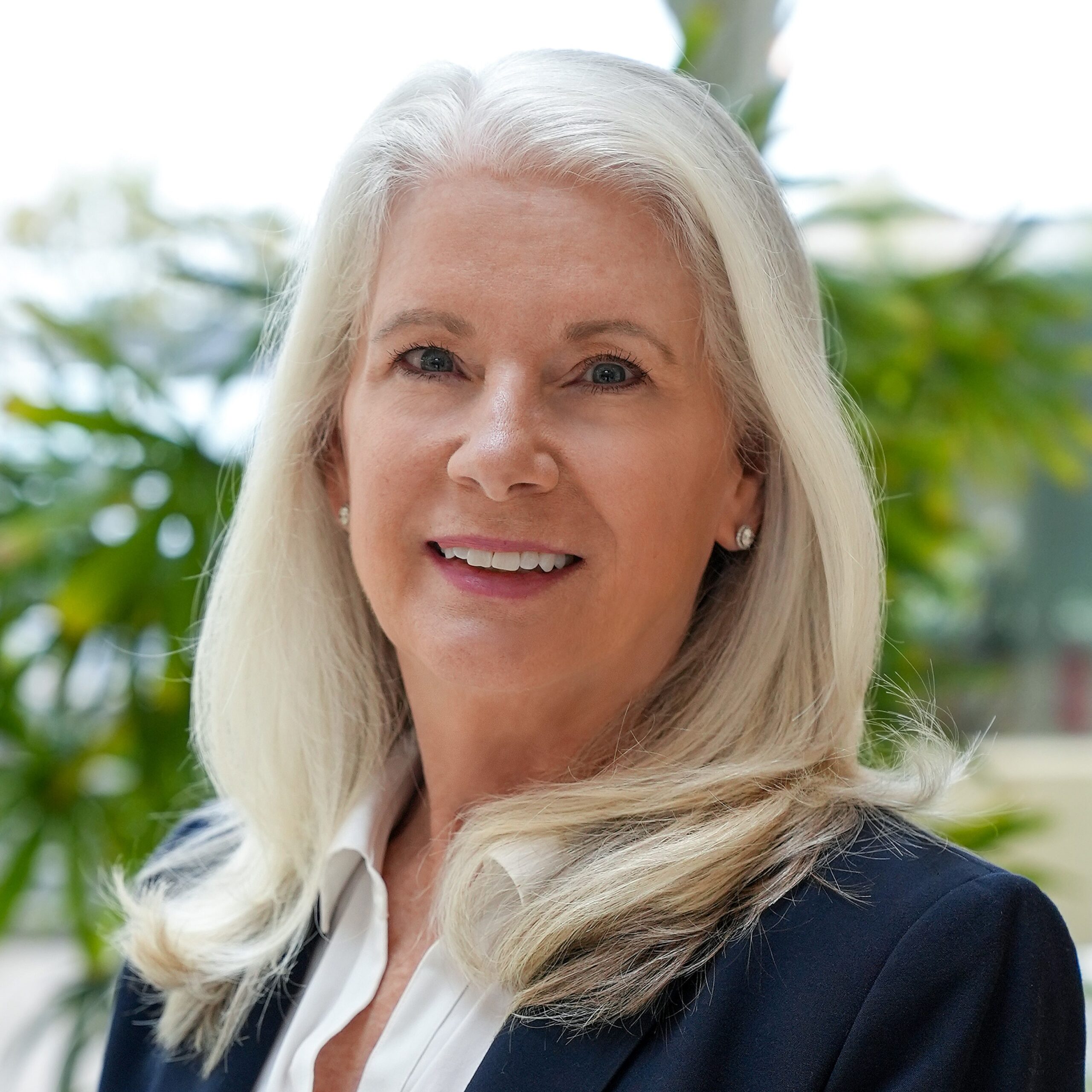Five reasons to explain this salary increase.

There are multiple factors that influence how much you make as a physician – including what specialty you practice. In the fields of primary care and critical care, America is facing increased demand and shortages of available physicians. Therefore, physicians are now positioned in the industry to earn more. Here’s why:
Reason 1: There’s a serious physician shortage approaching.
As a primary care or critical care physician, if you aren’t feeling the shortage now, then you will soon as the demand for your services rises. By 2030, there will a projected shortage of more than 100,000 doctors. As America’s population ages and more physicians retire, the demand for medical care will rise while the number of physicians will fall. Healthcare organizations will soon offer higher salaries to attract new physicians.
Reason 2: The rise in chronic diseases.
The number of Americans ages 65 and older will double by 2060 meaning the rise of chronic disease isn’t going to slow down any time soon. Heart disease kills over 810,000 Americans per year. In order to prevent that number from increasing, the demand for cardiologists’ services will increase. On top of heart disease, over 11 million Americans need pulmonologists as Chronic Obstructive Pulmonary Disorder (COPD) continues to rise. By 2025 there will be a deficit of 1,400 pulmonologists in the U.S. The shortage of these critical care physicians mixed with the demand for their services will almost certainly lead to an increase in earnings.
Reason 3: Location. Location. Location.
In most industries, living in an urban environment or large city will likely earn you the big bucks. In healthcare, however, there’s a dire need for medical services in rural locations. There’s an opportunity to earn more money if you are willing to live or work in remote areas. Facilities in rural states often pay physicians more in salary or benefits in order to attract talent.
Reason 4: The Affordable Care Act.
The Affordable Care Act increased the number of people with health insurance drastically, which led to a much greater demand for primary care physicians. Patients now visit physicians more often for preventative services and chronic disease management rather than just for acute care. Physicians also note that more patients are being screened and diagnosed with complex health needs under their primary care physician. With more patients access preventative care and disease management, the need for primary care physicians will grow and will drive the growth of physician salaries.
Reason 5: Your compensation should reflect current salary trends.
Ten of the 13 jobs with the best outlook are in the healthcare field. The high demand for physicians is leading to higher salaries in the industry. In fact, primary care physicians saw a salary increase from $217,000 in 2017 to $223,000 in 2018. And over the past five years, earnings for primary care physicians increased more than 10 percent. Your salary could be next to reflect this trend.
There are many opportunities to earn more money especially as the physician shortage increases and America’s population continues to age rapidly. If you’re willing to relocate to a smaller community or to a more rural hospital, maybe in a state such as Oklahoma, you will likely see an increase in your salary. However, if permanently relocating isn’t the right option for you, taking part-time or short-term assignments is another option. Locum tenens physicians can make up to 50 percent more than their traditional counterparts. How do you plan to make more money this year?
Today’s market is competitive and will continue to be so as the country faces a physician shortage. Rising salaries in many physician specialties reflect this increased demand for physicians.


